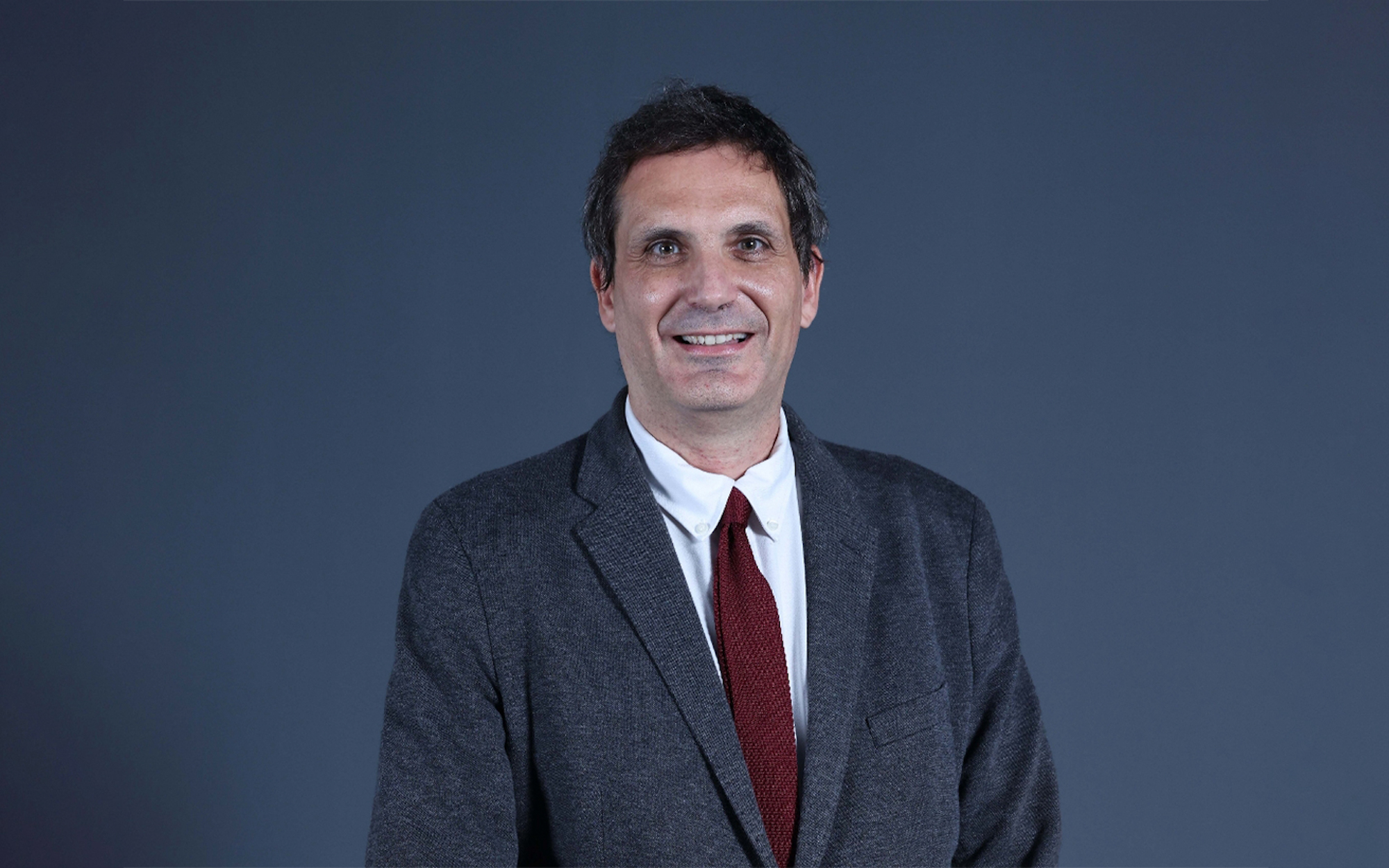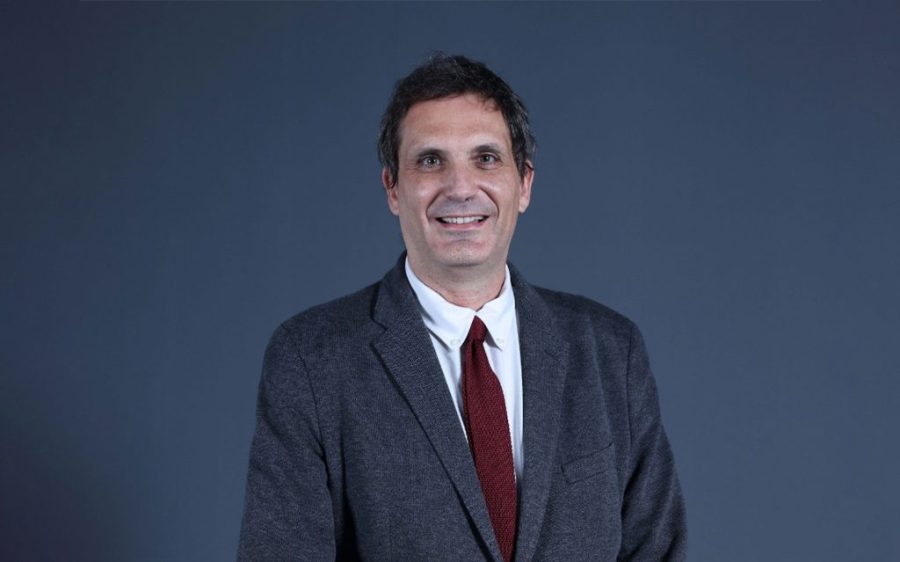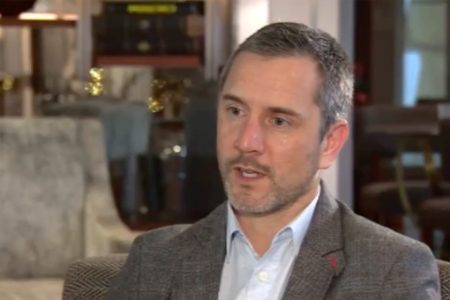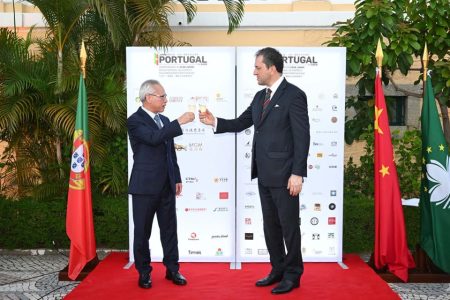Portuguese linguist Professor João Veloso has been appointed head of the Department of Portuguese of the Faculty of Arts and Humanities at the University of Macau.
Professor Veloso is a former pro-rector of the University of Porto, one of Portugal’s three major universities, where he taught for 29 years. He has also served as president or director of various academic associations for linguists and teachers in Portugal. His main research area is phonology, and he has authored or co-authored around 100 publications, mostly related to Portuguese phonetics and the phonology field, since the 1990s.
He has also conducted long-term collaborative research with various Portuguese universities and has assisted in developing guidelines for the training of “oral expression and communication in elementary and secondary education” in Portugal, among other achievements.
Professor Veloso said he believes that more Portuguese language professionals can be trained by UM considering the faculty team’s quality and the size of the Department of Portuguese. He added: “There are approximately 800 students learning Portuguese and 40 professors teaching Portuguese at UM. I believe that there is no other school in the world that specialises in the teaching of Portuguese with such a large number of teachers and students”.
Moreover, with UM having signed exchange agreements with various Portuguese and Brazilian universities including the University of Lisbon and the University of São Paulo, Professor Veloso said that he believes that today’s students are living in “a great time”.
He said: “Students in the Department of Portuguese generally study overseas in their third year of undergraduate studies. These overseas exchange programmes, internship programmes, as well as exchange programmes with universities in mainland China can further deepen their knowledge of Portuguese and enhance their research skills,” adding that UM provides students with a wide range of resources to learn different languages and cultures.
Professor Veloso said he looks forward to working with his colleagues to use the existing infrastructure to teach Portuguese through literature, film and other activities, aiming to improve students’ language skills.
He said he also hopes to advance the teaching of the language and Portuguese-speaking countries’ cultures at the undergraduate, master’s, and doctoral levels. He also hopes to promote academic activities related to Portuguese teaching and research to develop professionals interested in working in cross-cultural exchanges to become a “bridge of communication between China and Portuguese-speaking countries”, The Macau Post Daily reported.






